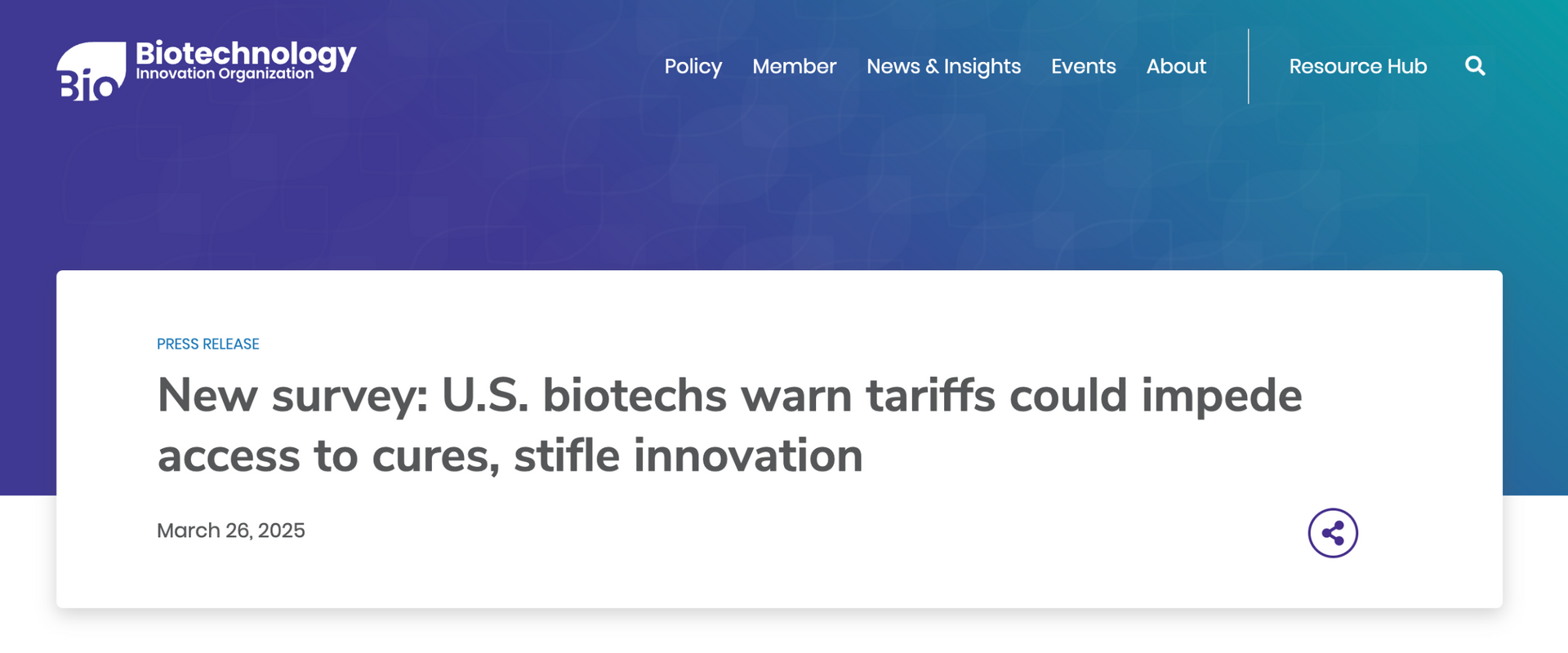NIH Indirect Cost Cuts Risks U.S. Leadership in Life Science Innovation
How NIH Funding Cuts Could Undermine U.S. Life Science Innovation

On February 7, the National Institutes of Health (NIH) announced a 15% across-the-board reduction in indirect funding allocations. Indirect costs are devoted to sustaining the administrative and personnel expenses necessary for laboratories at universities to conduct basic research and function. An excellent article in Science speaks to the matter.
MichBio issued a [public statement] decrying the proposed cuts as an assault on the innovation economy, and one that would threaten U.S. leadership in biomedical research and discovery, and inevitably reverberate from academia to the private sector. An order blocking the Trump administration from implementing the cap on indirect costs has been extended indefinitely.
In addition, MichBio has partnered with other state and national groups on the issue, including a statement issued by the Council of State Bioscience Association (CSBA).
Most notably, so-called “red states” have pushed back on the proposed NIH cuts noting pursuing them would be devastating to public institutions that are widely regarded as economic engines in their regions. MichBio joined several of those states in issuing [a letter] to be distributed to our respective Congressional delegation offices.
MichBio continues to connect with Michigan institutions and organizations impacted by this funding cut to best understand the full ramifications to research and innovation.
Please reach out to Stephen Rapundalo, Ph.D., President and CEO, with any insights regarding the impact of this announced cut to research and training functions.
RECENT ARTICLES




